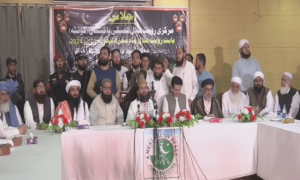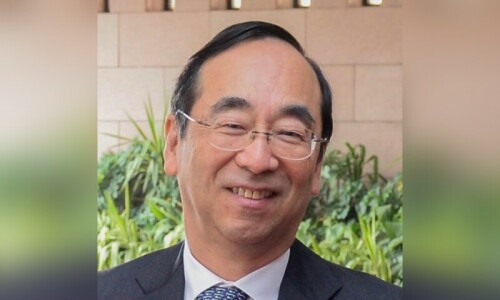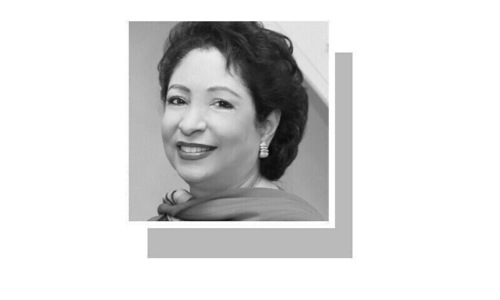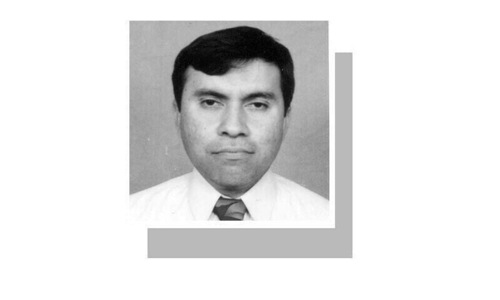CAPE TOWN: Four South African cricketers, including former Test wicket-keeper Thami Tsolekile, have been handed bans ranging from seven to 12 years for attempting to fix matches, Cricket South Africa (CSA) announced on Monday.
Tsolekile, who received a 12-year-ban, is said to have failed to disclose to the authorities “details of an approach to engage in corrupt conduct” in the 2015 competition.
The 35-year-old toured England as South Africa’s back-up wicket-keeper in 2003 and played in three Tests, two against India and one against England, in 2004.
He remained on the fringes of the team and toured England and Australia in 2012 and the United Arab Emirates for the series against Pakistan in 2013 without winning further caps.
Pumelela Matshikwe, Ethy Mbhalati and Jean Symes were also sanctioned for accepting money from ex-international Goolam Bodi who was banned for 20 years in January for attempting to fix matches in the Twenty20 tournament.
All players bar Mbhalati were team-mates of Bodi, perceived as the go-between between corrupt betting syndicates and cricketers, at the Johannesburg-based Lions franchise.
Matshikwe, a bowler, is said to have received a payment or incentive to fix a match.
He was given a 10 year ban, and so was Ethy Mbhalati, a bowler formerly contracted to the Titans, although three years of his sentence were suspended.
Symes was handed a seven-year ban for failing to disclose to the authorities a payment given to him.
“Whilst there has been no evidence to suggest that an actual fix in any match was carried out, these players all participated in material discussions about match-fixing. We are fully confident that it is contained,” CSA chief executive officer Haroon Lorgat told a news conference at Newlands. “The banning of these four players follows a lengthy investigation and we will continue investigating further.”
Details have also been passed to the South African police, he said.
“Our attitude towards any form of corruption is clear and hence why we have imposed the firm sanctions,” said Lorgat, while declined to comment on the possibility of other players being involved.
The bans follow a lengthy investigation by CSA’s anti-corruption unit.
“We take our work seriously. We need something serious to trigger an investigation. We do not engage in witch hunts. Our primary responsibility is to protect the integrity of the sport and no stone will be left unturned,” its chairman Bernard Ngoepe said.
Bodi, who was born in India and moved to South Africa as a teenager, played two One-day Internationals and one Twenty20 International for the national side in 2007.
South Africa’s government made match-fixing illegal and punishable with a prison sentence following the Hansie Cronje scandal.
Cronje was a respected captain of the national side before being banned for life in 2000 after attempting to fix matches on the orders of an Indian betting syndicate. He died in a plane crash in 2002.
All the banned players have expressed regret for their offences.
“I deeply regret that at the end of my career, a career that I have devoted to the sport of cricket...I have conducted myself in a manner that amounts to a contravention of the ethical code of conduct of Cricket South Africa,” said Symes.
The bans came into effect on Aug 1.
Tony Irish, chief executive of both the South African Cricketers’ Association and the international players’ representative body, said it was a sad day for cricket but took heart from the fact that there had been a thorough investigation.
“Cricket has got these problems worldwide,” said Irish. “The positive is that our system has detected them and there has been a successful prosecution as a result of clean players coming forward.”
Published in Dawn, August 9th, 2016














































Dear visitor, the comments section is undergoing an overhaul and will return soon.